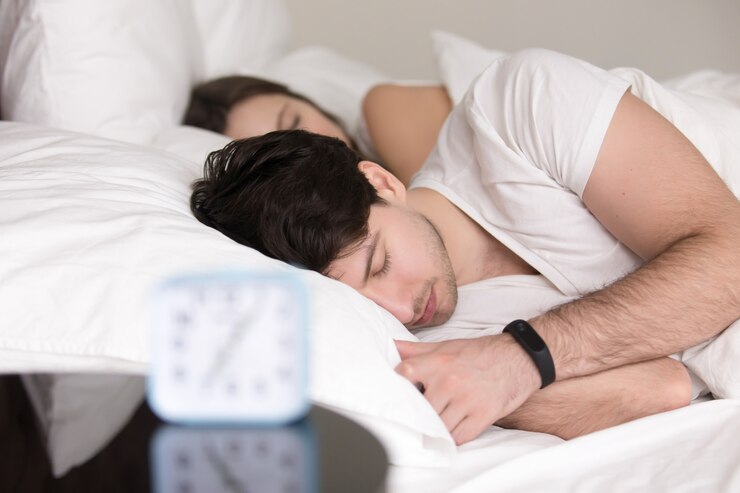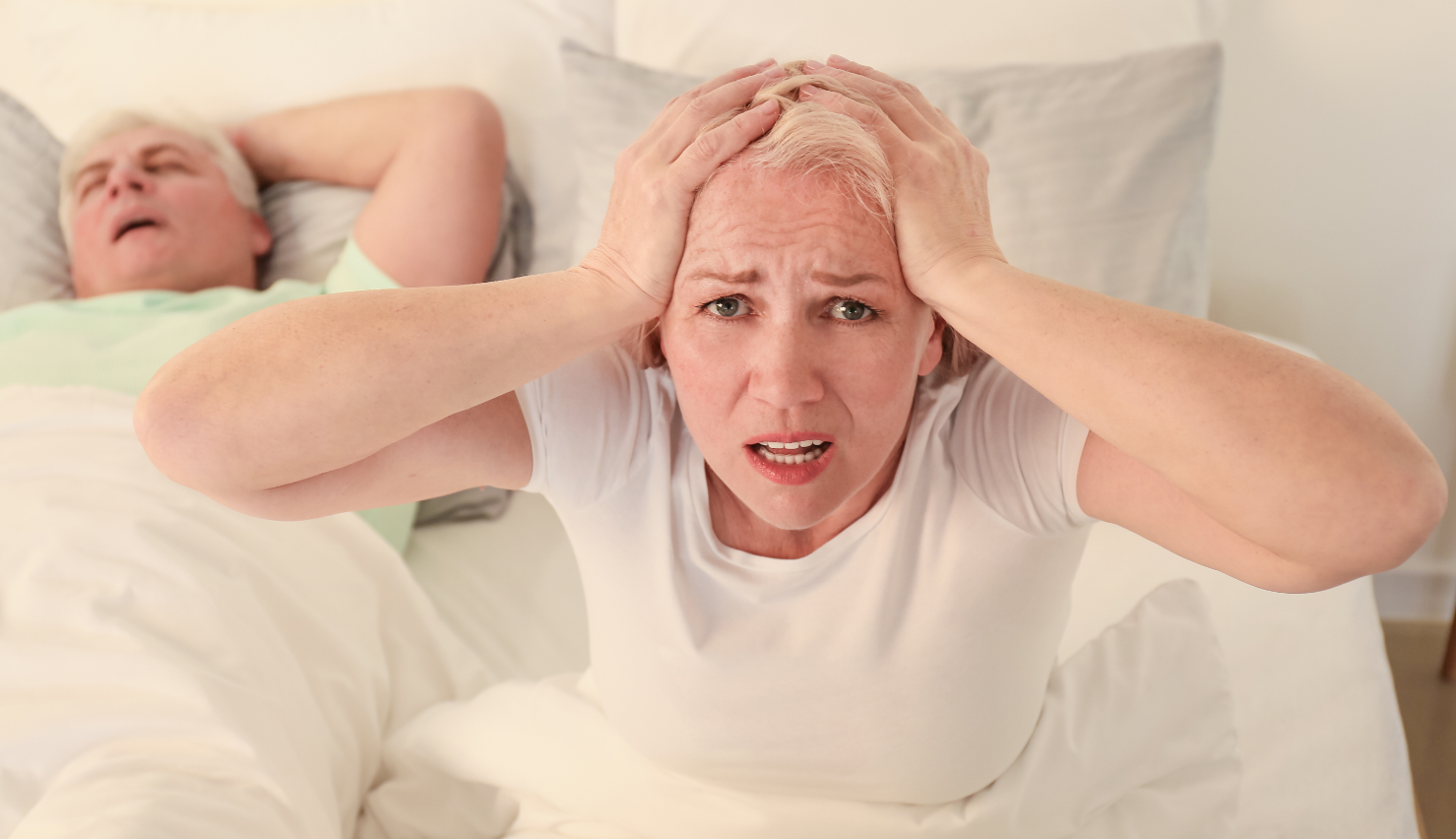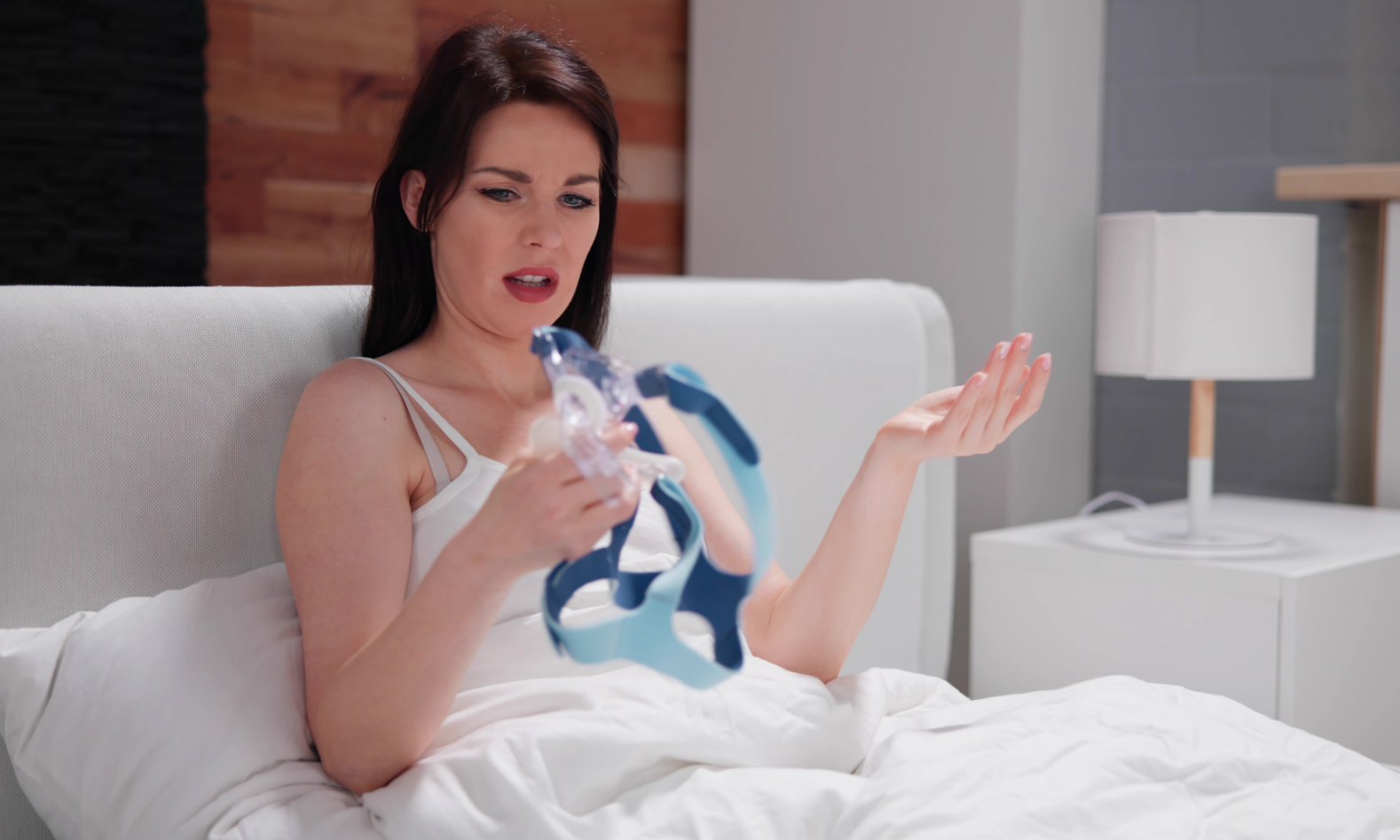Sleep disorders affect millions of people worldwide, leading to poor quality of life, decreased productivity, and increased health risks. If you’re struggling with a sleep disorder and reside in Madison, CT, Sweet Dreams Connecticut provides insights into non-surgical solutions that can help you find restful, restorative sleep without invasive interventions.
Understanding Sleep Disorders and Their Impact
Sleep disorders encompass a variety of conditions, such as insomnia, sleep apnea, restless leg syndrome, and narcolepsy. Left untreated, these disorders can lead to serious physical and mental health challenges, including heart disease, depression, diabetes, and obesity. Fortunately, there are several non-surgical treatments available that can make a significant difference. Here, we explore some of the most effective non-invasive options.
1. Cognitive Behavioral Therapy for Insomnia (CBT-I)
What It Is: Cognitive Behavioral Therapy for Insomnia (CBT-I) is a structured program that helps people identify and replace thoughts and behaviors that negatively impact sleep.
How It Works: CBT-I focuses on changing sleep habits and misconceptions about sleep. Techniques may include stimulus control, sleep restriction, relaxation training, and cognitive therapy.
Effectiveness: CBT-I has proven to be one of the most effective long-term treatments for insomnia, often yielding better results than medication. Research has shown that CBT-I can reduce the time it takes to fall asleep and improve overall sleep quality.
2. Lifestyle Changes and Sleep Hygiene
What It Is: Sleep hygiene refers to daily habits and environmental factors that influence sleep quality.
How It Works: Establishing a sleep routine, limiting screen time before bed, avoiding caffeine and large meals late in the day, and keeping the sleep environment cool and dark can contribute to better sleep quality.
Effectiveness: Studies show that improving sleep hygiene can significantly reduce symptoms of insomnia and other sleep-related issues. Consistency is key to seeing long-term improvements in sleep quality.
3. Continuous Positive Airway Pressure (CPAP) Therapy
What It Is: CPAP therapy is commonly used to treat obstructive sleep apnea (OSA). It involves wearing a mask connected to a machine that provides constant air pressure, keeping the airway open during sleep.
How It Works: The CPAP machine delivers a steady stream of air, preventing the airway from collapsing, which allows for uninterrupted breathing.
Effectiveness: CPAP therapy is highly effective for moderate to severe sleep apnea, improving breathing, reducing snoring, and enhancing sleep quality. Many patients report better focus, energy, and overall health after consistent CPAP use.
4. Oral Appliances for Sleep Apnea
What It Is: Custom-fit oral appliances, similar to mouthguards, can be used to treat mild to moderate obstructive sleep apnea by repositioning the lower jaw and tongue to keep the airway open.
How It Works: The device adjusts the alignment of the jaw, helping to prevent the tongue and soft tissues from obstructing the airway.
Effectiveness: Oral appliance therapy is effective for those with mild to moderate sleep apnea who may not tolerate CPAP machines. This non-surgical approach can reduce snoring and improve sleep continuity.
5. Natural Supplements
What They Are: Melatonin, magnesium, and valerian root are some of the most commonly recommended natural supplements for sleep.
How They Work:
- Melatonin helps regulate sleep-wake cycles, especially helpful for shift workers or individuals with jet lag.
- Magnesium is a natural relaxant, aiding in muscle relaxation and stress reduction.
- Valerian root is a herbal remedy known for its calming effects on the nervous system.
Effectiveness: Many individuals experience improved sleep quality with natural supplements, though effectiveness can vary. It’s best to consult with a healthcare professional to determine the right dosage and supplement for your needs.



